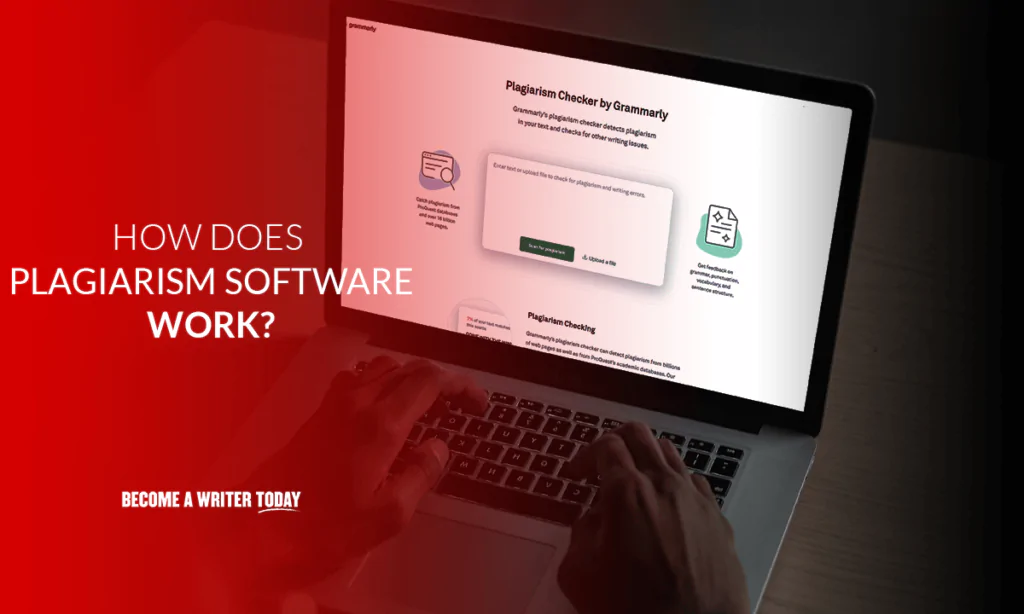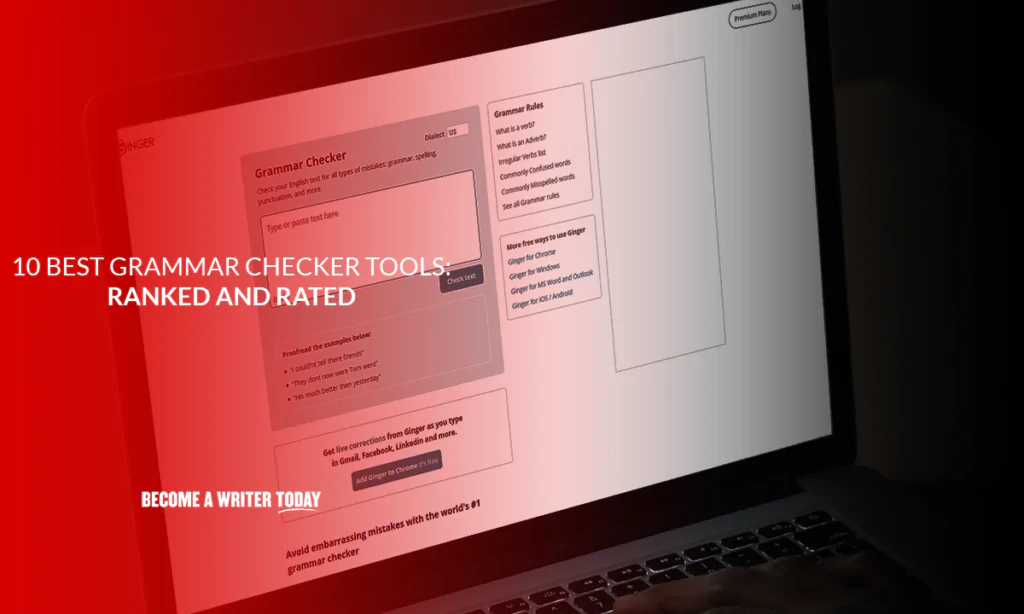Want to Write Online?
As Seen On

Writing Software Reviews
We try and test the best writing software and apps. Read some of our popular reviews.
Writing Resources
Watch, listen and learn from podcasts, videos and courses about the craft of writing from Become a Writer Today.
YouTube
Watch our videos packed full of writing advice, software reviews, tips, interviews, and book-round-ups on our channel. ⏯️
Courses
Get help with writer’s block, self-publishing, and earning more money as a writer in these popular courses. ✍️
Podcast
Listen to interviews with New York Times best-selling authors and other top writers. Get practical advice that works. 🎧
Writing Blog and News
Our team of expert writers publishes practical advice about the craft of writing.
24 Best Detective Novel Series for Fans of Crime Books
Explore the best detective novel series for crime book enthusiasts, from classic whodunits to modern…
Sneaked vs Snuck: What’s The Difference?
Sneaked vs snuck. Here’s a closer look at these two words, what they mean, and…
22 Best Authors Like Meghan Quinn
Discover the best authors like Meghan Quinn for your next great romantic read. Authors like…
Narrative Essays: Examples And Topic Ideas For Students
Writing a narrative essay is a great way to share your life with others. Here,…
10 Best Authors Like Sandra Byrd Who Will Make You Feel Like You’re Travelling Back in Time
If you love taking a trip back in time with historical fiction and romance books,…
How To Write A Game Review In 7 Steps
Writing a video game review can be a great way to share your experience and…

Writing Advice That Works
Our team has written thousands of articles covering all types of writing, book genres, niches, tools, famous authors, and the written word. You can start your writing journey today.

Need Writing Software?
We regularly review and profile the best writing tools, apps, grammar checkers, and AI writing software, so you can find one that works best.

Great Books
Our team of writers has read and reviewed the best books and authors across various genres. Never run out of items for your reading list.








